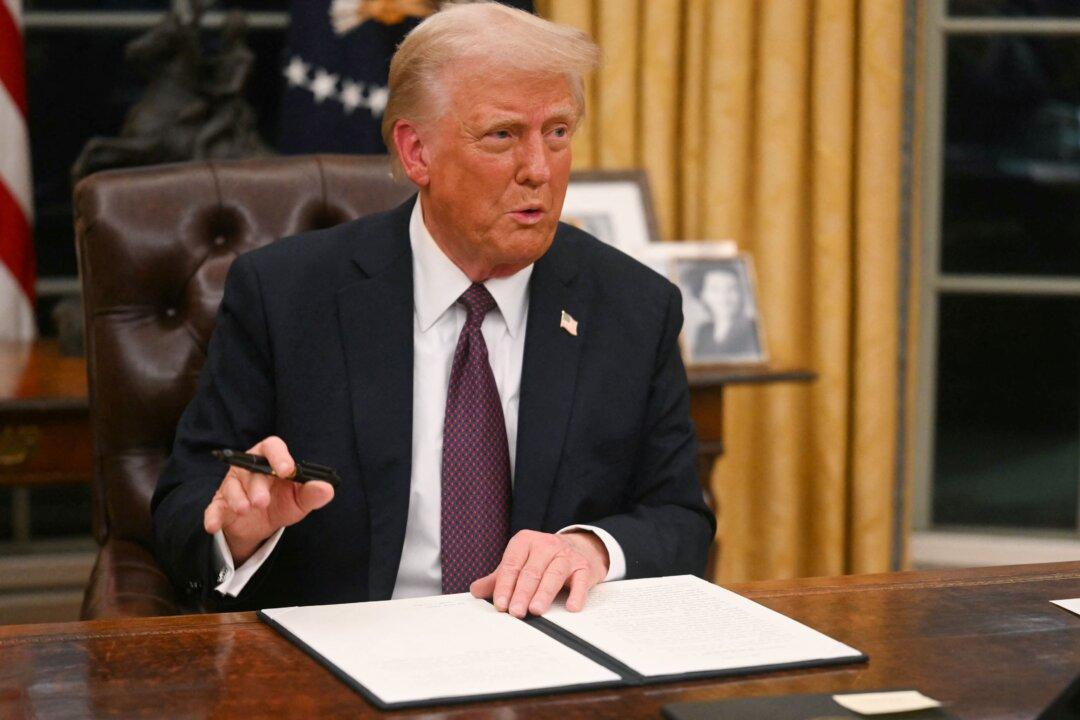U.S. President Donald Trump says he may impose 25 percent tariffs on imports from Canada and Mexico starting on Feb. 1.
Trump, who had said after his election in November that he would impose the tariffs unless the two countries stopped the flow of illegal immigrants and drugs through their borders into the United States, didn’t immediately start the tariffs on his first day in office. But he indicated that they may be coming soon.





